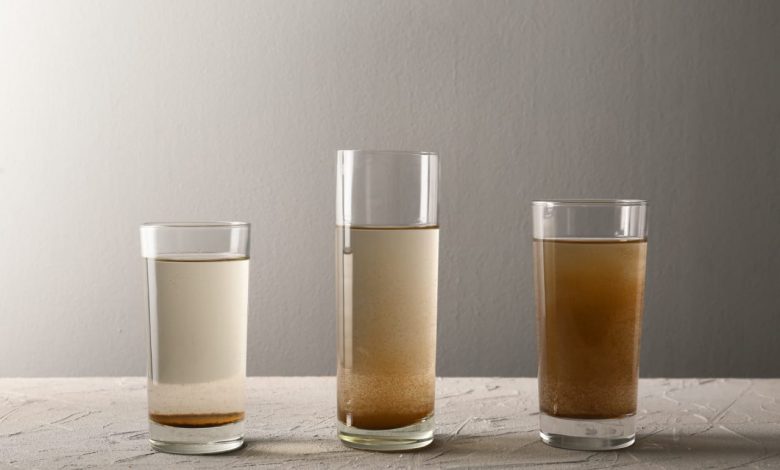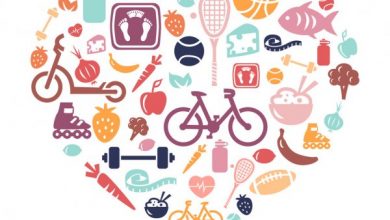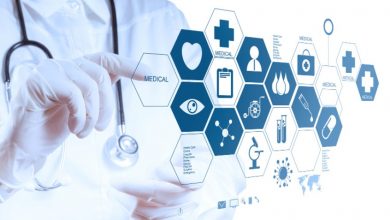
3 Ways Contaminated Drinking Water Affects Your Health
3 Ways Contaminated Drinking Water Affects Your Health
Every family needs a steady supply of clean and safe drinking water. But despite its many benefits, it can be harmful, particularly when contaminated. The contamination and pollution of water can occur in many places: municipal water sources, groundwater, and freshwater sources which include reservoirs, rivers, and waterways. The worst thing that could happen is when it reaches your household drinking water – causing plenty of possible health problems.
Have you given much thought to the safety of your drinking water at home? If so, there are still ways to ensure your water is safe at home. Some families opted to avail water filtering services from companies like Filtap to eliminate bacteria and make their water systems drinkable. Some also test and check their water sources. Aside from ensuring water safety, what do you think is another reason these families do these steps?
Water Contamination
Humankind relies on water to sustain itself. It’s even thought that some can go for several days without food, but not without water. However, being the universal solvent, water can tend to dissolve harmful substances, making it easily prone to contamination.
Here are a few of the many ways water can get contaminated and may reach your household water systems.
• Widespread Plastics and Garbage
It’s believed that tons of wastes are generated each year. Furthermore, due to the extensive usage of plastics, their wastes tend to end up in the ocean, poisoning the water. Such pollutants can reach the sea in various ways, including ship debris, wind-blown rubbish from landfills, and irresponsible garbage disposal. Once in the ocean, plastics and other wastes may affect marine life and people’s health.
• Agricultural Runoff
Agricultural runoff is a significant cause of water contamination. Such commercial agricultural activities are among its worst culprits. Growing crops and raising livestock seem to produce considerable waste and runoff, such as animal feces, pesticides, herbicides, and toxic substances that may contaminate water resources, including your household’s.
• Radioactive Wastes
Radioactive waste is thought to last for many years in the environment, making safe disposal tricky and challenging. If incorrectly disposed of, it can enter the sea, posing a risk to humans, sea creatures, and the ecosystem.
• Untreated Wastewater and Sewage Systems
After the water is used, they become wastewater. Wastewater can be domestic, such as water from toilets, sinks, showers, or commercial, agricultural, or industrial use. Wastewater can also refer to rainwater that washes substances from the ground into waterways.
The Effect Of Contamination To Human Health
So how does contaminated drinking water harm your health? Here are the ways wherein contaminated water can directly affect human health.
1. Ingestion of Microplastics
Individuals may ingest microplastics by drinking contaminated water or eating contaminated food. They seem to contain a vast spectrum of materials made up of many substances with varying densities, chemical properties, forms, and sizes. They could perhaps enter drinking water supplies through surface runoff, wastewater effluent, sewage leaks, or degraded plastic waste.
Microplastics were also assumed to be contained in salts, beers, and other food products in addition to seafood. They may lead to oxidative stress, inflammatory responses, and metabolic abnormalities in humans when consumed. However, further study may be required to corroborate these findings.
Water providers should ensure that mitigation strategies are made as part of water safety planning, including improving water treatment procedures for particle removal, safe storing of water, and microbiological safety, boosting micro-plastic particle removals. Regular monitoring of these substances may not be necessary.
2. Consumption of Water That Is Contaminated By Sewage
Sewage contamination of drinking water resources may occur as a result of untreated sewage overflow, septic systems, leaky water pipes, muddy treatment systems, and inadequately treated wastewater.
Sewage itself is a complex mixture that may include a wide range of pollutants. The main threat to water resources is contamination from bacteria, nitrate, metal, small quantities of harmful chemicals, and salt.
Ingestion of microbes such as E. coli bacteria, beaver fever, Hepatitis A, and parasites may cause sickness through leakage overflows into drinking water resources. These microbes may cause diarrhea, cholera, intestinal inflammation, bacterial infections, hepatitis A, and poliomyelitis. But with adequate sanitation, adequate hygiene, and safe drinking water, you might avoid these health risks.
3. Drinking Water That Contains Chemical Wastes
Pesticides, fertilizers, and toxic substances are examples of chemical pollutants that, if consumed, may cause significant health concerns.
There seem to have been different states worldwide that experienced ingestion of such materials through their drinking water. For instance, residents in Flint, Michigan, faced water pollution in the year 2014. Due to insufficient water tests and treatments, the residents, particularly children, have experienced rashes, loss of hair, and itching of skin. The lead levels consisting in children seem to have become doubled after ingesting contaminated water.
Aside from what the residents have experienced, anybody who consumes water contaminated with chemical contaminants may be in danger of cancer, impaired brain activity, infliction in the reproductive and immune system, and heart and renal difficulties.
Final Thoughts
Water contamination is a major environmental problem that may be caused by a variety of pollutants. Ingesting, drinking, or soaking in contaminated water could have an impact on human health.
With the information provided above, you may be more aware of the causes and dangers of not prioritizing the safety of your drinking water at home. After all, there are still a variety of methods to contribute to the reduction of water pollution. However, if you know of someone who has suffered from the impacts of water contamination, they should consult with their doctor.





